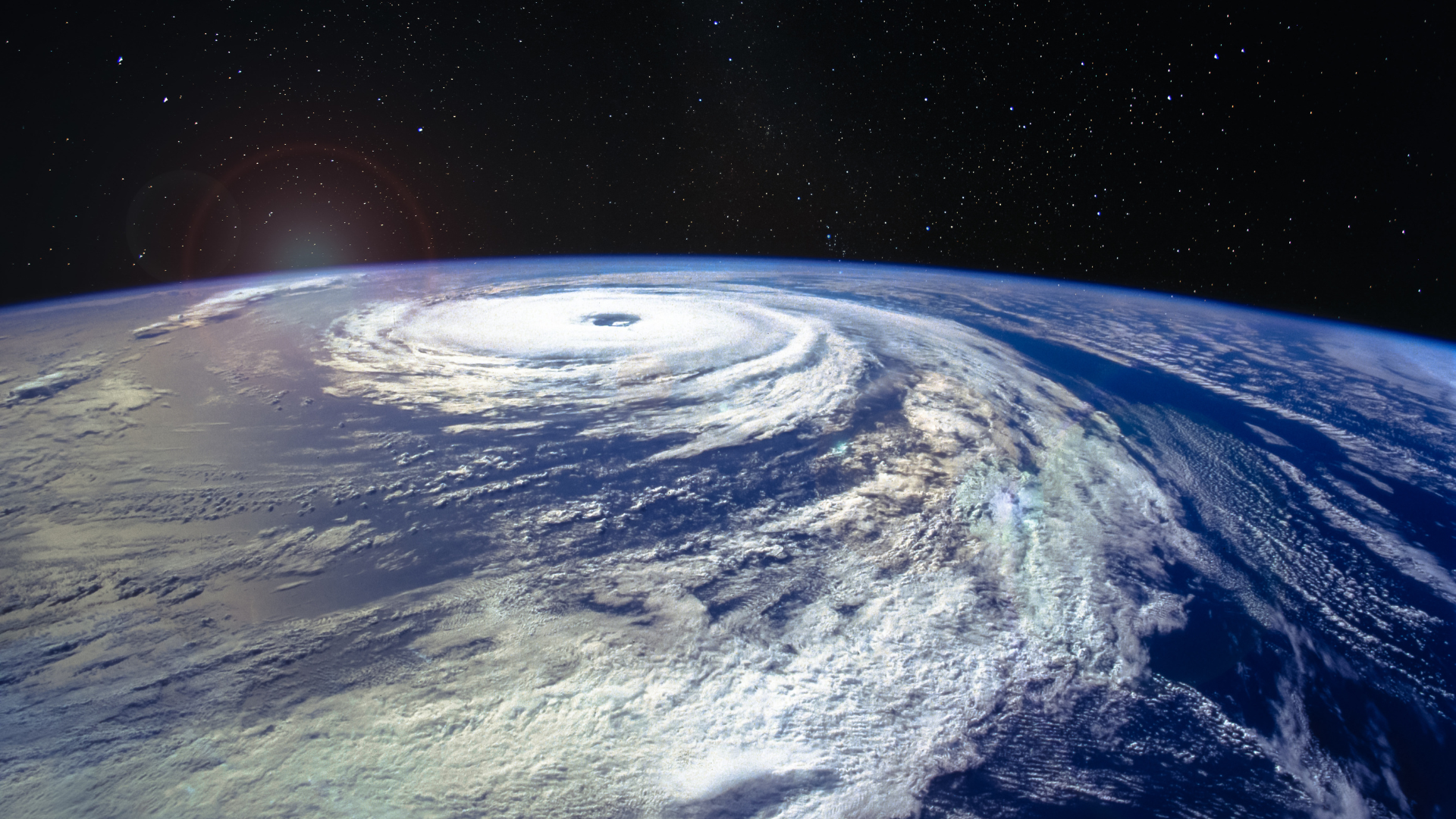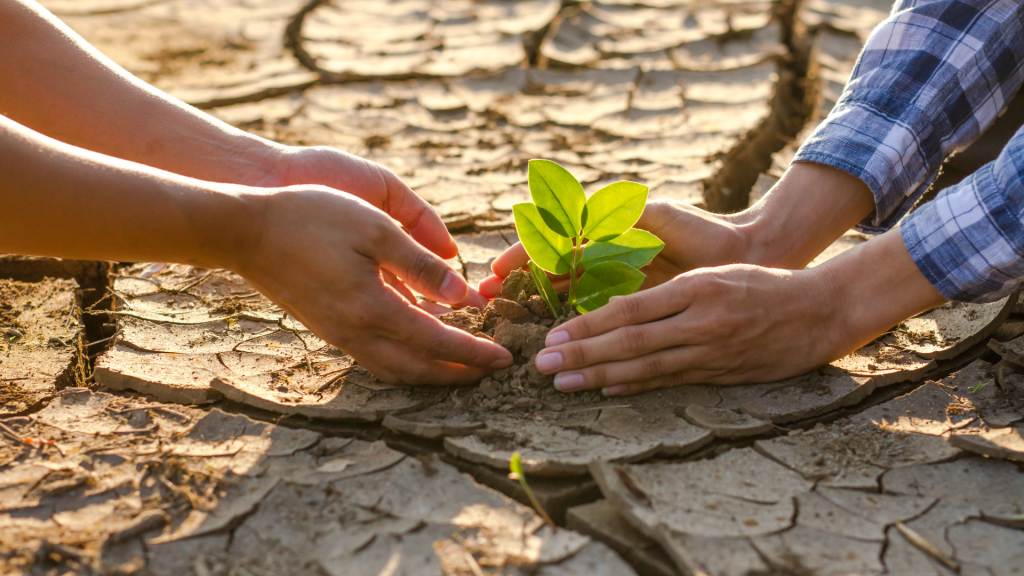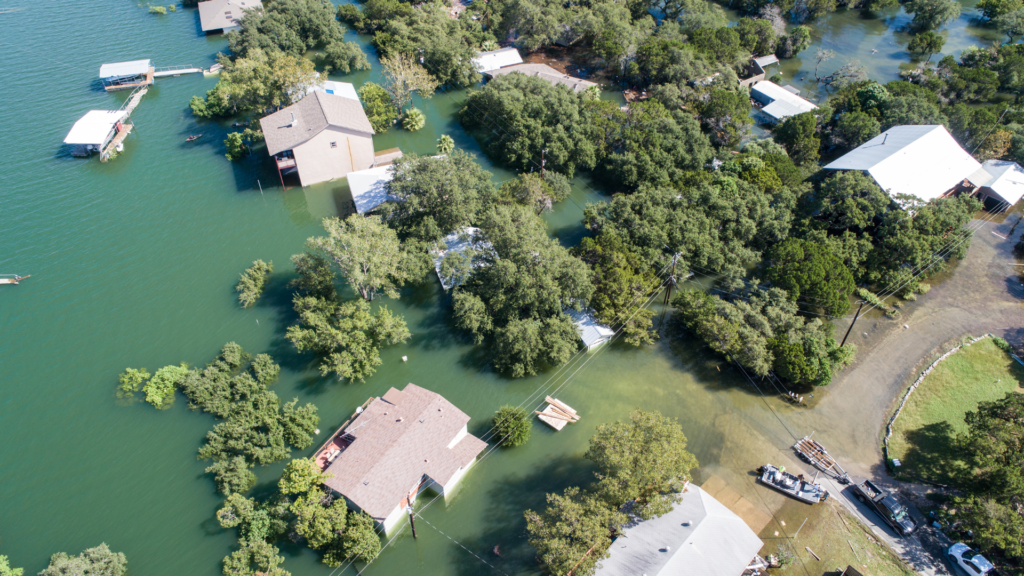What Are Typhoons?
Typhoons are one of the most powerful weather phenomena on Earth. They occur in the tropics and can cause serious damage, including loss of life. Here’s everything you need to know about typhoons: A typhoon is a tropical cyclone that forms in the western Pacific Ocean. They form when warm air rises and clashes with cooler air, causing condensation and thunderstorms. Typhoons can be very destructive, with winds reaching up to 255 km/h (160 mph). Typhoons can cause extensive damage, including loss of life and destruction of infrastructure.Types of Typhoons
There are three types of typhoons: tropical, extra-tropical, and hybrid.- Tropical typhoons form over the tropics and typically have a circular or ellipsoid shape.
- Extra-tropical typhoons form outside of the tropics and have a more elongated shape.
- Hybrid typhoons are a combination of tropical and extra-tropical characteristics.



